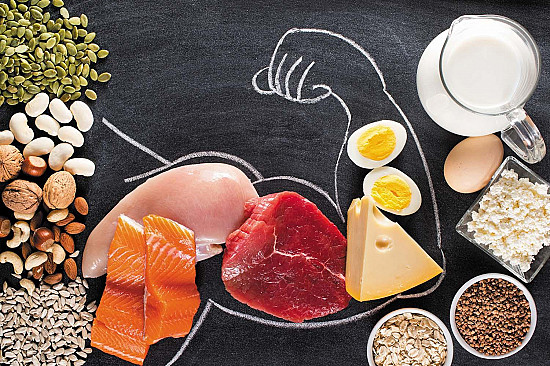Rethinking fructose in your diet

Photo: Thinkstock
Fructose is a common sugar found in fruits, vegetables, and honey. It's also a major ingredient in high-fructose corn syrup and table sugar. Recent studies have cast fructose as a bad guy, linking it to obesity, diabetes, and nonalcoholic fatty liver disease and inflammation, and leading to anti-fructose sentiment in the general media. But don't reject a food just because it contains fructose, says Dr. Bruce Bistrian, a professor at Harvard Medical School. "Fructose is naturally found in fruits. Fruits are not harmful and are even beneficial in almost any amount," he explains. Fruits contain lots of fiber. The fructose is bound to the fiber, which slows its absorption. Even more important, says Dr. Bistrian, "fruits and vegetables contain many other essential nutrients, such as flavonoids."
To continue reading this article, you must log in.
Subscribe to Harvard Health Online Plus (HHO+) to unlock expert-backed health insights, personalized tools, and exclusive resources to feel your best every day.
Here’s what you get with your HHO+ membership:
- Unlimited access to all Harvard Health Online content
- 4 expertly curated newsletters delivered monthly
- Customized website experience aligned to your health goals
- In-depth health guides on topics like sleep, exercise, and more
- Interactive features like videos and quizzes
- Members-only access to exclusive articles and resources
I’d like to subscribe to HHO+ for $4.99/month to access expert-backed content to help make smart, informed decisions about my well-being.
Sign Me UpAlready a member? Login ».
Disclaimer:
As a service to our readers, Harvard Health Publishing provides access to our library of archived content. Please note the date of last review or update on all articles.
No content on this site, regardless of date, should ever be used as a substitute for direct medical advice from your doctor or other qualified clinician.















